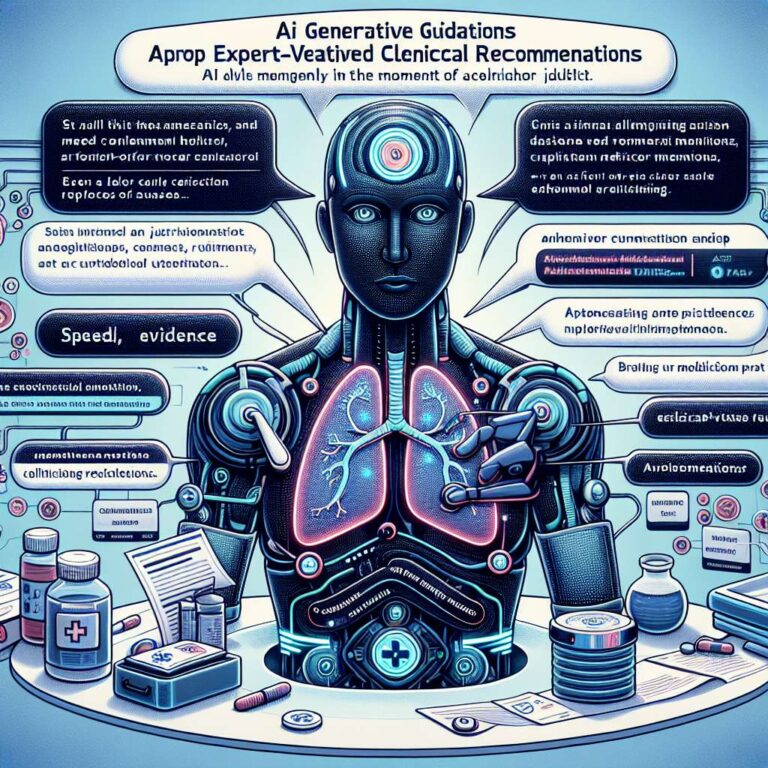UpToDate is adding Expert Artificial Intelligence to its clinical decision support portfolio, positioning speed, evidence, and trust as core benefits. Building on more than 30 years of clinician reliance on UpToDate, the company says the new functionality layers generative Artificial Intelligence on top of expert-created and expert-reviewed care recommendations to accelerate information retrieval when seconds matter. The experience is designed to mirror a conversation with a trusted colleague while drawing only from UpToDate’s established clinical content.
The product emphasizes faster guidance through advanced, tailored responses to complex and highly specific clinical questions. According to UpToDate, Expert Artificial Intelligence goes beyond typical generative tools by explicitly stating key assumptions, anticipating common missteps, and explaining the rationale, sources, and evidence behind each recommendation. This transparency is intended to help clinicians quickly understand not just what to do, but why, and under which conditions, thereby supporting safer and more consistent decision-making.
Human expertise remains central to the approach. The system is grounded in evidence-based recommendations from more than 7,600 clinical experts whose insights fuel the responses, including considerations and questions to ask. Practicing clinicians and healthcare partners have tested early models through UpToDate Enterprise Edition by providing feedback, trialing prompts, and identifying improvements. UpToDate notes that these partners will remain in the loop to guide future iterations of the generative Artificial Intelligence experience.
Scalability and governance are also in focus. UpToDate highlights that consistent, reliable evidence should reach every member of the organization, from physicians and nurses to ambulatory teams. The company says its content can scale across enterprises via electronic health record workflows and solution partnerships, and that generative Artificial Intelligence makes the guidance available in the formats clinicians prefer. By aligning Artificial Intelligence tools with enterprise decision support and purpose-built healthcare safeguards, UpToDate aims to help improve compliance, reduce care variation, and address security and governance concerns associated with inconsistent point solutions.
Early feedback featured in the page underscores priorities of trust, transparency, and augmentation of clinician judgment. One health system leader characterizes UpToDate Expert Artificial Intelligence as a quicker way to deliver trusted answers at the moment of need. Frontline users emphasize confidence in UpToDate’s source content, praise the clarity of the assumptions section in generated responses, and stress the importance of decision support that reinforces rather than automates clinical judgment. Together, these perspectives reflect the solution’s intent to pair generative Artificial Intelligence speed with the rigor of expert-vetted, evidence-based medicine.

